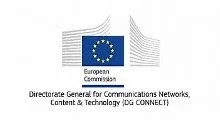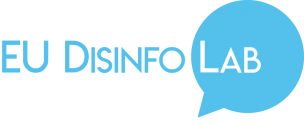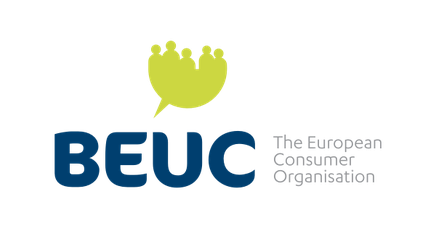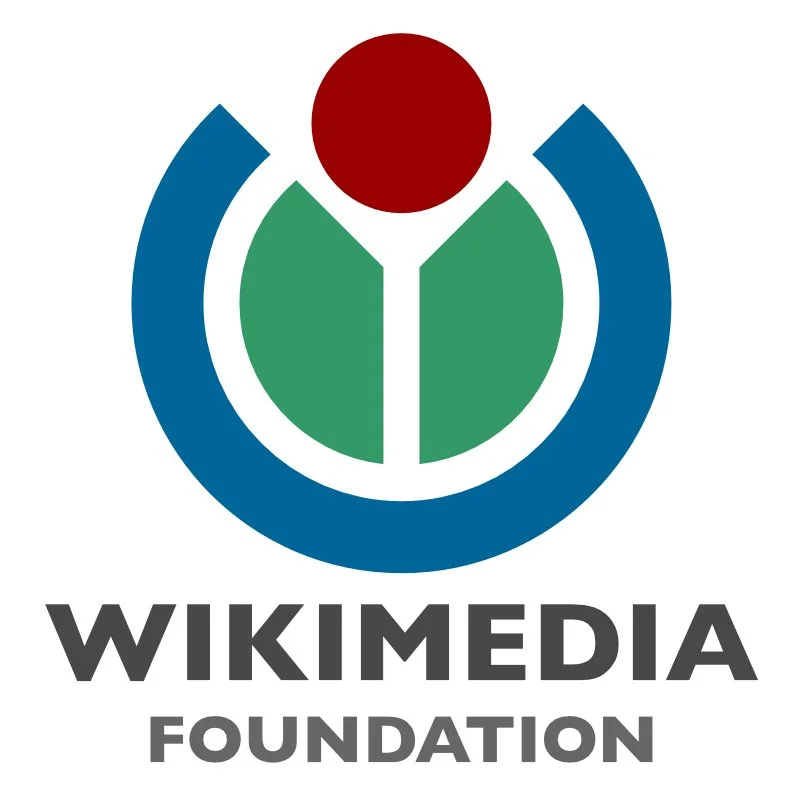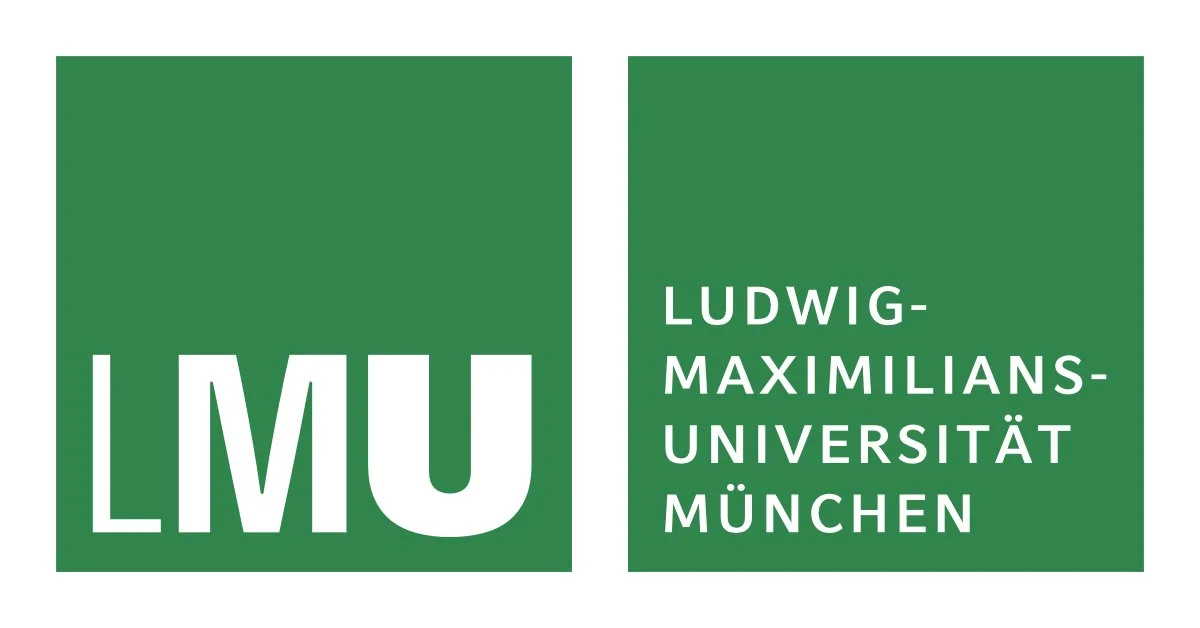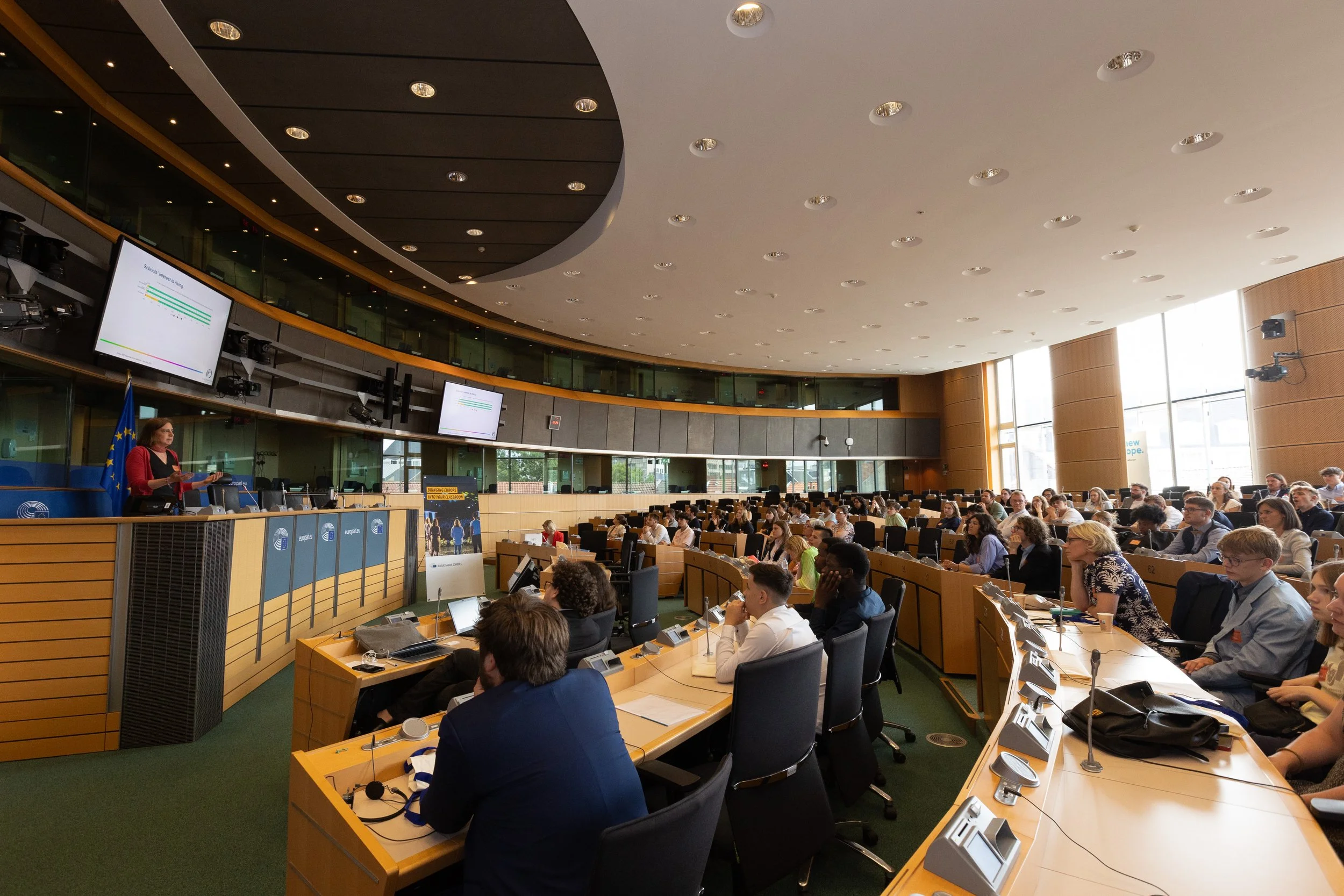
Partners and policymakers
How we work
Our consistent approach to training and media literacy modules allows us to measure our work and contribute our findings from school children, teachers and journalists in a meaningful way.
We gather anonymised and GDPR-compliant feedback to contribute up-to-date insights into current policy debates on awareness of and resilience to disinformation and the effectiveness of measures taken to counter disinformation, including media literacy training.
Analysis and Evaluation
Cooperation with academia (Bristol, Münster, Munich,
Southern Denmark)
Cross-country data on media use of young people
data on vulnerability
data on impact
Cooperations, Toolkits and Policy Advice
Data and on-the-ground insights inform policy debate
Insights feed into newsrooms
Exchange between journalists
Toolkits for likeminded organisations
Solutions integrated sustainably into education
infrastructureEU expert advisory groups
Key policy recommendations
-
Cross-curricular priority
Integrate media literacy training into all school and teacher-training curricula; OECD/PISA should assess critical media literacy as core literacy.
-
Sustainability in education
Ensure measurability of media literacy work to guarantee impact and secure long-term policy focus.
-
Sustainability and credibility through funding
Devise long-term funding to ensure the independence of teacher-training, media literacy teaching and journalism.
-
Smart focus on digital rights
Beware the risks and limitations of content moderation and content removal.
-
Combat the financial drivers of disinformation
Take action against the algorithms of online platforms that create polarisation and the use of behavioural data.
Lie Detectors shares knowledge within digital and media policy networks
Formal advisory roles and recognition
Member of the 2018 High-Level Expert Group on Fake News and Online Disinformation and Media Literacy Expert Group
2025 Expert Group updating Digital Literacy Guidelines; also member of its steering committee
Steering Committee on Structural Indicators of Code of Practice (2022)
Consortium partner, 2024-2026 EDMO BELUX 2.0; Advisory board member, 2022-2025 EDMO BELUX 1.0 Hub (EDMO BELUX); VOICES Festival of Journalism and Media Literacy
2019 EU PROTECTS “Local Hero” designation
Founding member, co-chair of German news-literacy alliance Journalismus macht Schule
Expert Advisory Group - Evaluation of the Guardian Foundation NewsWise programme
Teacher-training: Supportive Partner, eTwinning
Winner, 2018 EU Digital Skills Award (Education)
Formal advisory roles and recognition
Member of the 2018 High-Level Expert Group on Fake News and Online Disinformation and Media Literacy Expert Group
2025 Expert Group updating Digital Literacy Guidelines; also member of its steering committee
Steering Committee on Structural Indicators of Code of Practice (2022)
Consortium partner, 2024-2026 EDMO BELUX 2.0; Advisory board member, 2022-2025 EDMO BELUX 1.0 Hub (EDMO BELUX); VOICES Festival of Journalism and Media Literacy
2019 EU PROTECTS “Local Hero” designation
Founding member, co-chair of German news-literacy alliance Journalismus macht Schule
Expert Advisory Group - Evaluation of the Guardian Foundation NewsWise programme
Teacher-training: Supportive Partner, eTwinning
Winner, 2018 EU Digital Skills Award (Education)
Research work guided by
Publications
Teachers First: To embed long-term media-literacy learning at school, teachers need incentives, safe environments and outside help, OECD Forum, Juliane von Reppert-Bismarck, Nov 2022. (link)
Journalists in schools: our 2021 resolution to empower critical minds – Lie Detectors Journalists’ Open letter to EU institutions and governments, Jan 2021. (link)
Time to aim high: tackling disinformation during the pandemic, Euractiv, Juliane von Reppert-Bismarck, June 2020. (link)
Lie Detectors Digital Literacy Report 2019: tackling disinformation face to face. Journalists’ findings from the classroom – with an external contribution by OECD Director of Education and Skills Andreas Schleicher, Sept 2019. (link)
Recommendations of the High-Level Expert Group on Fake News and Online Disinformation, April 2018. (link)
Hopes and hurdles: European teachers’ struggle to tackle digital literacy in the classroom, Media & Learning, Juliane von Reppert-Bismarck and Adeline Brion, Oct 2022. (link)
Navigating ambiguity during Coronavirus: Recommendations for tackling the infodemic, OECD Forum, Andreas Schleicher and Juliane von Reppert-Bismarck, July 2020. (link)
Lie Detectors Digital Literacy Report 2021: Building Resilience to Disinformation in a Digital Media Age, July 2021. (link)
Lie Detectors Digital Literacy Report 2020: tackling disinformation screen to screen. Findings and solutions in the digital classroom, July 2020. (link)
Jugendlicher Populismus : Wie die Lie Detectors Fake News entlarven, Spiegel, Juliane von Reppert-Bismarck in conversation with Silke Fokken, Oct 2019. (link)
The trouble with fighting fakes with facts, Euractiv, Juliane von Reppert-Bismarck, Sept 2017. (link)
Publications
Teachers First: To embed long-term media-literacy learning at school, teachers need incentives, safe environments and outside help, OECD Forum, Juliane von Reppert-Bismarck, Nov 2022. (link)
Journalists in schools: our 2021 resolution to empower critical minds – Lie Detectors Journalists’ Open letter to EU institutions and governments, Jan 2021. (link)
Time to aim high: tackling disinformation during the pandemic, Euractiv, Juliane von Reppert-Bismarck, June 2020. (link)
Lie Detectors Digital Literacy Report 2019: tackling disinformation face to face. Journalists’ findings from the classroom – with an external contribution by OECD Director of Education and Skills Andreas Schleicher, Sept 2019. (link)
Recommendations of the High-Level Expert Group on Fake News and Online Disinformation, April 2018. (link)
Hopes and hurdles: European teachers’ struggle to tackle digital literacy in the classroom, Media & Learning, Juliane von Reppert-Bismarck and Adeline Brion, Oct 2022. (link)
Navigating ambiguity during Coronavirus: Recommendations for tackling the infodemic, OECD Forum, Andreas Schleicher and Juliane von Reppert-Bismarck, July 2020. (link)
Lie Detectors Digital Literacy Report 2021: Building Resilience to Disinformation in a Digital Media Age, July 2021. (link)
Lie Detectors Digital Literacy Report 2020: tackling disinformation screen to screen. Findings and solutions in the digital classroom, July 2020. (link)
Jugendlicher Populismus : Wie die Lie Detectors Fake News entlarven, Spiegel, Juliane von Reppert-Bismarck in conversation with Silke Fokken, Oct 2019. (link)
The trouble with fighting fakes with facts, Euractiv, Juliane von Reppert-Bismarck, Sept 2017. (link)

Contact us to find out more about…
Our Data
Lie Detectors has developed its most recent questionnaires with the kind guidance of media sociologist Divina Frau-Meigs (La Sorbonne), cognitive psychologist Stephan Lewandowsky (University of Bristol), the University of Munich and the University of Muenster.
Analysis of our data results in the publication of data briefings on trends in information media usage by young people and their teachers. We are able to use these briefings and other insights gathered from visiting thousands of schools across Europe to inform policy discussions via advisory roles in education policy and data rights.
Key policy recommendations
Here is a summary of our key policy recommendations:
Cross-curricular priority: Integrate media literacy training into all school and teacher-training curricula; OECD/PISA should assess critical media literacy as core literacy.
Sustainability in education: Ensure measurability of media literacy work to guarantee impact and secure long-term policy focus.
Sustainability and credibility through funding: Devise long-term funding to ensure the independence of teacher-training, media literacy teaching and journalism.
Smart focus on digital rights: Beware the risks and limitations of content moderation and content removal.
Combat the financial drivers of disinformation: Take action against the algorithms of online platforms that create polarisation and the use of behavioural data.

